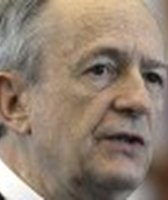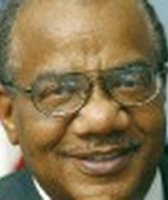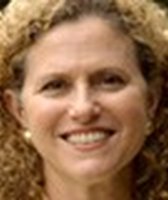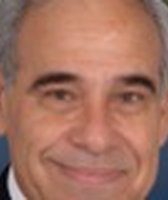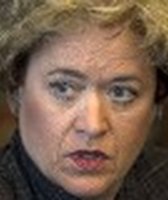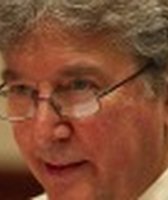Get PolitiFact in your inbox.
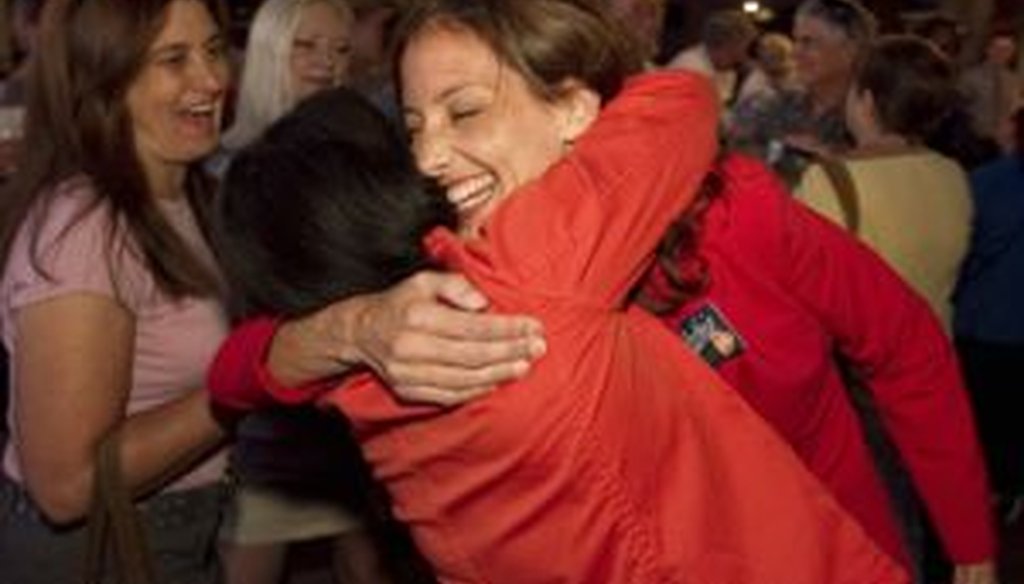
Austin City Council candidate Kathie Tovo, right, hugs council member Sheryl Cole at Tovo's election results party on May 14. She's headed into a June 18 runoff race against incumbent Randi Shade.
Our readers’ favorite article last week tied in to President Obama’s visit to El Paso and the local congressman taking issue with a comment out of the office of House Speaker John Boehner. The week also yielded several checks of Obama’s speech on immigration and remarks at the Texas Capitol and from an Austin City Council candidate.
Flashing back:
U.S. Rep. Silvestre Reyes, D-El Paso, teed off on Boehner by comparing cities in Boehner’s home state of Ohio to communities along the U.S.-Mexico border. The day before President Barack Obama’s swing through El Paso and Austin, Reyes first noted a comment by the Republican speaker’s spokesman, Michael Steel. Steel said last week that before Congress takes up immigration policy, the priority "must be ending the violence at the border — we really can’t deal with other issues until it is secure." His comment appeared in the May 3 issue of Roll Call, a Capitol Hill newspaper.
Boehner, Reyes said in a press release, "should focus on controlling the level of violence in his own state before tarnishing the image of border communities that remain among the safest places to live in America. ... The fact remains that the six largest cities in Ohio all have higher rates of violence and crime than every major city along the U.S.-Mexico border."
We rated his statement Mostly True. According to an annual report by CQ Press drawing on FBI research, the six largest Ohio cities had higher overall crime rates and rates of murder, rape, robbery and burglary in 2009 than the six major border cities. Yet a border city had a higher rate of aggravated assaults than four Ohio cities while the rate for Columbus was higher than the rate in two border cities. Also, all but one of the Ohio cities had lower rates of motor vehicle theft than Laredo.
Asked why Obama didn’t meet with Texas Gov. Rick Perry during his in-and-out Texas swing, White House press secretary Jay Carney told reporters: "Gov. Perry turned down our invitation to meet the president at the airport," referring to Obama’s stop in El Paso before flying to Austin.
That so?
Emails between Perry's office and the White House, obtained through an open-records request, show Perry was invited to greet the president in El Paso. A gubernatorial aide then asked if it was "an option" for Perry to greet Obama in Austin "since we are here." A White House aide replied: "Unfortunately there won't be a tarmac greet in Austin."
While Perry declined to howdy the president in El Paso, Carney’s comment implies Perry flat refused to meet when an alternative meeting prospect was floated. His statement rates Mostly True.
PolitiFact National checked three statements Obama made during his Texas jaunt. Two border and immigration statements by the president were on the mark, but he earned a False rating for his claim that the United States has doubled its exports under his administration.
But our week wasn’t all about the president. We also delved into a local race and kept an eye on the Texas Legislature.
Answering a question for the May 1 "Voters Guide" from the League of Women Voters of the Austin Area, City Council hopeful Kathie Tovo, who received 46 percent of the vote in the Place 3 race on May 14 and is headed into a June 18 runoff, made us check our pocketbooks. Tovo said: "Austin Energy," the city’s electric utility, " is considering its first rate increase since 1994."
Tovo’s statement is spot-on for the base rate charged. However, it could leave the misimpression that utility customers haven’t had to dig out more dollars for electricity since 1994. They have, in part due to the utility’s fluctuating fuel charge. We rated the statement Mostly True.
And what’s being said around the Capitol as the legislative session draws to a close?
Senate Finance Chairman Steve Ogden faced the Truth-O-Meter after telling reporters last month that businesses "already pay most of the taxes" in Texas. We found two analyses of the state’s taxes, a state-level report from the Texas comptroller and a national study by consulting firm Ernst & Young, that support Ogden’s claim. However, all the studies we identified and experts we talked with agreed that businesses, unlike individuals, shift their tax burden, either to consumers through higher prices, to employees through lower wages or to business owners or shareholders through reduced profits. We rated Ogden’s statement Mostly True.
Taxes haven’t been the only state Capitol talking point. State Republican Rep. Leo Berman has won House approval of a proposal that would prohibit courts from making legal decisions based on foreign laws, such as Shariah, the religious law of Islam. Introducing the bill to a House committee in April, Berman explained why the legislation was necessary: "The judges in Dearborn (Mich.) are using, and allowing to be used, Shariah law.
We rated that False. Muslims may follow Shariah in their personal lives and may enter into contracts bound by their principles. But as far as we could tell, judges don’t use the law in lieu of the U.S. Constitution or state laws.
Our Sources
PolitiFact articles.

